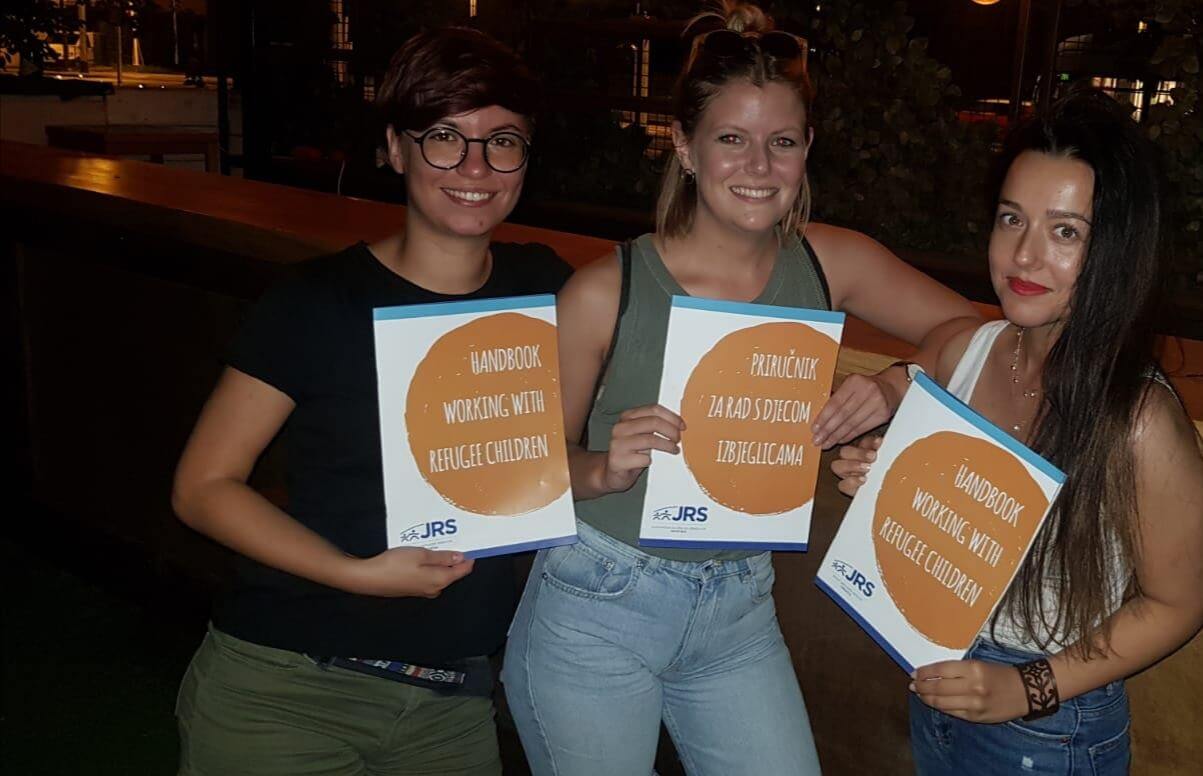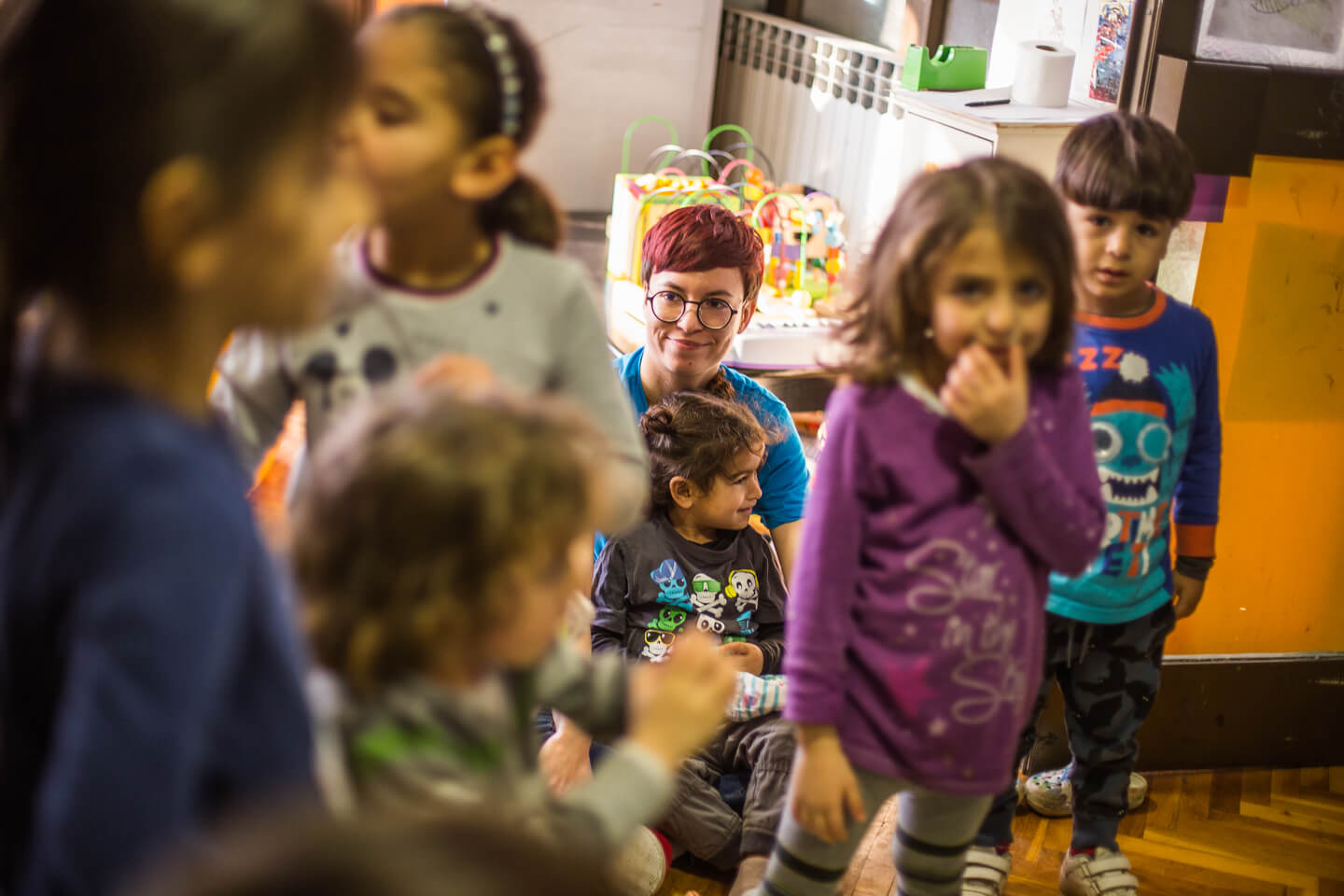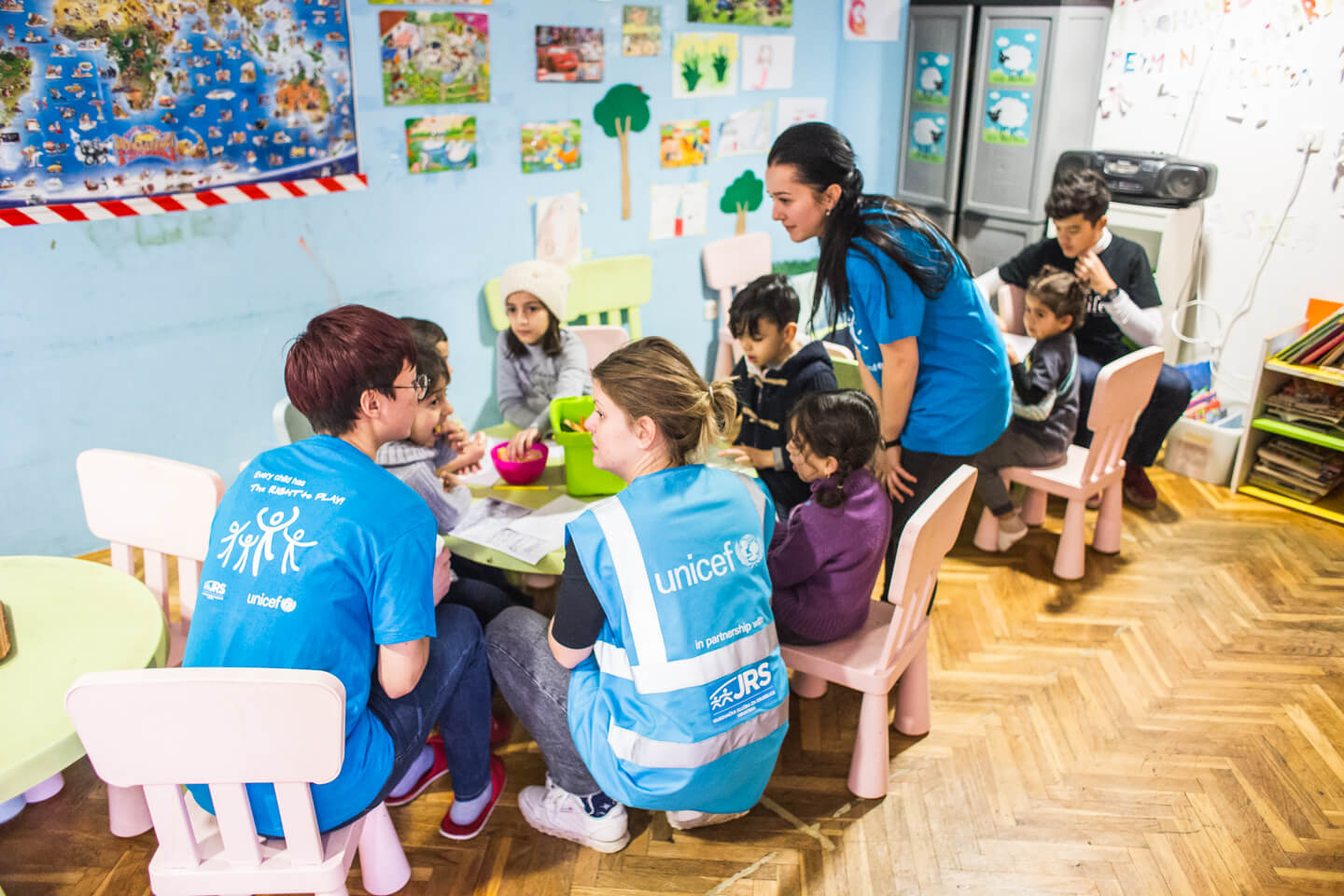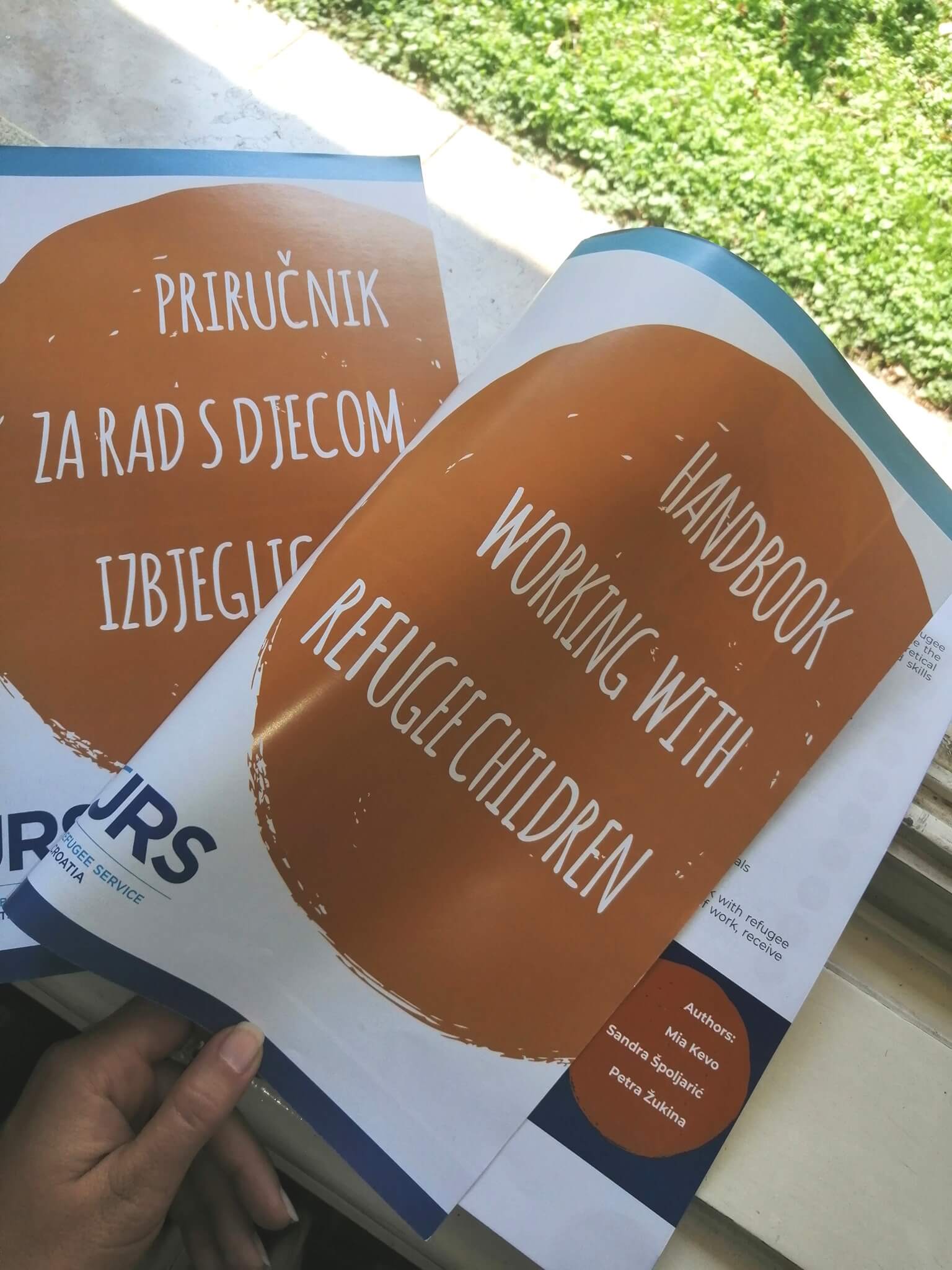Božinović Says EU Should Prevent Mass Migration From Afghanistan
ZAGREB, 31 Aug, 2021 - The European Union should adopt a common position on preventing large migrant waves from Afghanistan, which does not exclude humanitarian aid to vulnerable groups in that country, Croatian Interior Minister Davor Božinović said in Brussels on Tuesday.
"I hope we will take a common position that would place emphasis on the fact that ultimately our goal is to prevent massive, large migrant waves. Croatia certainly holds that position," Božinović told reporters ahead of an extraordinary meeting of European home affairs ministers on Afghanistan.
"Of course, that doesn't exclude humanitarian aid to vulnerable groups, women, girls, children and those who worked for European institutions in Afghanistan," Božinović added.
EU home affairs ministers will discuss the situation in that country, which is again under the Taliban rule, and the possible consequences for the EU.
European Commission Vice-President Margaritis Schinas stressed that the EU should use the Afghanistan crisis to finally agree on a common migration and asylum policy based on the Commission's proposals.
Now is the time for a political agreement on the migration pact, Schinas said upon arriving at the meeting.
The ministers are expected to issue a joint statement in which they will express determination to prevent illegal migrant waves and uncontrolled arrival of migrants from Afghanistan to the Union's external borders in order to prevent a recurrence of the 2015 migrant crisis.
For daily news on Croatia, CLICK HERE.
GLAS Party: Foreign Minister Grlić Radman Should Advocate Active Role of EU in Taking Care of Refugees
ZAGREB, 17 Aug, 2021 - The GLAS party on Tuesday requested that at today's extraordinary meeting of European foreign ministers, Gordan Grlić Radman of Croatia advocate a proactive role of the EU in taking care of refugees and protecting the human rights of Afghan citizens, especially women and girls.
"The images from Afghanistan must not leave us indifferent, nor can we pretend that is not our concern," GLAS said in the press release and requested that Croatian Foreign and European Affairs Minister Grlić Radman openly advocate a proactive role of the EU in taking care of refugees.
"In its foreign policy and action within the EU, Croatia must build recognizability on the promotion and protection of human rights as well as on empathy and advocacy of human life as the highest value. Our experience of war destruction and suffering gives us not only an additional moral obligation to always be the first to advocate these values, but in such traumatic situations it can also be an important contribution to the EU policy and activities it plans to take," the opposition party said in the press release.
For more about politics in Croatia, follow TCN's dedicated page.
Možemo! Party: Croatia Should Secure Int'l Protection For Afghan Refugees
ZAGREB, 17 Aug, 2021 - The Možemo! political party said on Tuesday that Croatia should secure the evacuation of its citizens and support the international protection for refugees from Afghanistan, as should all NATO member states who have deployed their military forces in that Asian country.
"Given that it was militarily present in Afghanistan, a share of the responsibility lays on our country as well. But regardless, now we cannot turn our backs to all those citizens of Afghanistan who have tried to build Afghanistan as a democracy," this left-wing Opposition party writes on its Facebook wall.
The party insists the least Croatia can do right now is secure the evacuation of Croatian citizens from Afghanistan and international protection for Afghan refugees, as should all NATO members states who have been sending their forces to Afghanistan, but also other countries willing to help people seeking international protection.
The party recalls that nearly 20 years ago, Western allies decided to launch a military intervention in Afghanistan to destroy the Al-Queda terrorist network and bring democracy to that country. After that, military interventions followed in Iraq, Libya, Syria, "often with suspicious motives and false evidence", the We Can says.
"All these interventions have failed -- they have brought more problems than they have solved. Many human lives were lost, many families have been displaced, societies and cultural heritage ruined, economies devastated." the platform said.
For more about politics in Croatia, follow TCN's dedicated page.
Migrant Smuggling Market in Balkans Worth €50 Million
ZAGREB, 11 May, 2021 - The migrant smuggling market in the Western Balkans is worth at least €50 million a year, says a report by the Global Initiative Against Transnational Organised Crime, describing Serbia as an important destination for migrants because it borders with four EU member states.
The report notes that Serbian police have discovered several tunnels, three to seven metres deep and up to 30 metres long, under the wire fence along the Serbia-Hungary border near the Hungarian town of Szeged and village of Ásotthalom and the Serbian village of Kelebija.
The tunnels are considered relatively risky due to the possibility of arrest and the danger of them collapsing. The smugglers' fees range from €500 to 5,000.
This is much less than during the 2015 migrant however statistics show that the regional market for migrant smuggling is still large regardless of attempts to close the so-called Balkan migrant smuggling route, says the Global Initiative, an international network fighting acquisition of illegal gain and crime.
Quoting Voice of America, the Belgrade media reported about the report, which focuses on the flows of people, drugs and money in the Western Balkans.
Using maps and analyses helps identify key entry and exit points for migrant smuggling through six Western Balkan countries, as well as locations that serve as drug smuggling hubs. Not even the COVID-19 pandemic seems to have disrupted illicit flows, says the Global Initiative.
Its report identifies Serbia as an important destination for asylum-seekers and migrants because the country borders with four EU members - Croatia, Hungary, Romania and Bulgaria.
The report quotes data from the UN High Commissioner for Refugees (UNHCR) under which in 2019, 30,216 migrants entered Serbia, almost twice as many as in 2018. The report also quotes data from the Serbian Ministry of the Interior under which in 2020 more than 8,500 migrants were prevented from illegally crossing the Serbian border.
Daily Says Croatia to Take in 12 Girls from Refugee Camp Moria
ZAGREB, September 12, 2020 - Unlike Austria and countries of the Visegrad Group, which are traditionally against the relocation of migrants in Europe, Croatia has joined most EU countries that have decided to take part in their relocation after the Greek refugee camp Moria on Lesbos island burned to the ground on Wednesday.
The Vecernji List daily on Saturday reports having received confirmation from the Croatian Ministry of the Interior that 12 unaccompanied girls will be relocated from Greece to Croatia.
It is still not certain when the children will arrive and ministry officials have said that their relocation could be expedited considering the Moria camp fire and its devastating consequences.
Moria, infamous for its conditions, was home to over 12,000 migrants, four times its capacity. It burned down on Wednesday, leaving thousands of migrants out in the open.
Ten European countries, including Croatia, on Friday supported the plan to relocate 400 unaccompanied minors from Lesbos.
Croatia was to have accepted ten unaccompanied minors from Greek refugee camps, and after the Moria camp fire, the number has been increased to 12, says Vecernji List.
For the latest travel info, bookmark our main travel info article, which is updated daily.
Read the Croatian Travel Update in your language - now available in 24 languages
A Handbook: Working with Refugee Children
August 22, 2020 - Sandra Špoljarić, along with her colleagues Petra Žukina and Mia Kevo, wrote a handbook titled "Working with Refugee Children" and held three national and global webinars on this topic.
The handbook was created to share their experience of working with refugee children through various topics such as the definition of refugee children in the world and children's rights, understanding risk and protective factors, stress and trauma in refugee children, work recommendations, knowledge and skills required for group and individual work. "We designed it to be 'at hand' to all future professionals, volunteers, and people of goodwill interested in working with refugee children. At the same time, through educational activities, creative and sports activities and psychosocial programs, development in a healthy environment was encouraged, including the children and their opinions," said Sandra.

After an informal work experience in London, Sandra enrolled in the MA Childhood Studies and Children's Rights in Potsdam, Germany, and at the end of her studies she came up with the idea that she could do an Erasmus + internship in Zagreb at the Shelter for Asylum Seekers with Refugee Children. The dream came alive and she started working for the Jesuit Refugee Service Croatia in Zagreb on the project Child-Friendly Space, which was implemented in cooperation with UNICEF.

Kristóf Hölvényi | JRS Hrvatska
The incentive to work in such an environment is resistance to the marginalization of certain groups and children, especially children, due to situations where they cannot defend themselves or have been brought into them on their own. "Given my studies in Germany, my contribution was to make me aware that the Convention on the Rights of the Child speaks about every child's rights, regardless of race, religion, cultural background, or where the child is," said Sandra, a Master of primary education. The Convention deals with the obligations of adults towards children and the responsibilities of many social factors regarding the protection of children. The goal of the whole Child-Friendly Space project was to provide children with a protected and stimulating environment during or after a crisis where they could get the necessary support and security.

Kristóf Hölvényi | JRS Hrvatska
The handbook is only available for a few weeks, but Sandra hopes it will be useful to people who have never met refugee children in their work before. "When we held webinars, experts from schools said that it was very useful to them precisely because it would make it easier for them to work and understand the refugee children who went to school and started the integration process," said Sandra.
Due to the unenviable situation with the virus, this project was interrupted and has not yet resumed, but all three of them hope things will sort out soon. Currently, the JRS / Jesuit Refugee Service is no longer in the Shelter on a project involving work with children. "I believe that all organizations and people who have worked or will work with refugee children serve children well and with dedication," said Sandra. She also volunteered at the Center for Education in Pula, on World Youth Day in Madrid, Student Wave of help (Studentski val pomoći) when areas of Slavonia were flooded, at the event 72 hours without compromise, occasional volunteering for the Jesuit Refugee Service, and collecting donations and promoting activities for the Small Home of Subukia.

When working with the refugee children, Sandra was taught that every day is a new beginning and that parting does not mean goodbye but goodbye because the heart never remains untouched by the eyes of children who want to be accepted and equally valued. Sandra highlights that refugee children are just children like all other children and have the same needs. "I was surprised by the great motor skills, resourcefulness and the fact that the children spoke several languages… even in some situations they took on the role of "translator" for their parents," said Sandra. Her wish is to work with children and for children.
You can contact the Jesuit Refugee Service Croatia by e-mail for the handbook.
For more, follow our lifestyle section.
For the latest travel info, bookmark our main travel info article, which is updated daily.
Read the Croatian Travel Update in your language - now available in 24 languages
EU Silence on Sickening Scenes at Croatian Border - EUobserver
ZAGREB, June 24, 2020 - Those working with refugees and migrants in Bosnia and Herzegovina, close to the Croatian border, have become accustomed to seeing shocking scenes. People are frequently forced back across the border, beaten, stripped, having had their documents burned, or having had dogs set on them.
But men returning with orange crosses spray-painted on their heads or brutally beaten and smeared with food represented a new, dark, low, read an article in EUobserver.
The incidents, originally documented by local NGOs and Amnesty International, and recently reported by The Guardian and EUobserver, were confirmed by various international humanitarian organisations supporting refugees and migrants in the camps in Una-Sana Canton near the Croatian border, reads the article on the independent news portal covering the EU.
"The pictures are chilling; the lack of an EU response even more so," says the author of the article in EUobserver, stressing that impunity is the norm at the border and that reports of violence by Croatian police continue to go unchecked.
"The humiliation of people seeking safety in Europe by painting crosses on their heads is just the latest in a long list of incidents, and a symptom of a wider trend of violent pushbacks and other severe human rights violations taking place at the EU's external borders, which we also observe in Bulgaria, Hungary, and Greece.
"The failure of EU institutions to call out individual member states for their unlawful behaviour has allowed these practices to flourish and encouraged further heavy-handed deterrence tactics by some countries.
"Despite lockdowns across Europe due to the Covid-19 pandemic, pushbacks from Croatia into Bosnia and Herzegovina continued in early 2020, with NGO monitors recording over 1,600 recorded incidents of migrants being pushed back in April alone.
"Men, women, teenagers, and entire families have been assaulted, physically abused, subjected to arbitrary detention, and their belongings destroyed.
"Refugees and migrants have consistently reported how police stripped them of their clothes and shoes and forced them to walk for kilometers in bad weather back to the Bosnian border.
"These are not isolated events. The sheer number of cases and consistency of allegations point to a systematic and deliberate policy on the part of the Croatian authorities," says EUobserver.
Croatian authorities inevitably deny incidents
Simultaneously, there have been cases of hate speech and intolerance towards refugees and migrants across the region - including attempts to portray them as the main carriers of coronavirus and a threat to public health.
The Schengen border code, which sets out rules on the control of EU borders, explicitly states that border checks should be carried out with full respect for human dignity.
Yet, the European Commission's silence over the distressing events at Croatia's borders is deafening, says EUobserver.
There has been no public denunciation, no call for the Croatian government to properly investigate the evidence or serious attempt to engage in independent monitoring, EUobserver says, adding that repeated calls by the European Parliament to investigate the abuses have been met by a tepid response, weakly pointing at difficulties in verifying claims and Croatian authorities' inevitable denial of any wrongdoing.
"Where does the EU draw the line if these widespread abuses can continue with impunity?" EUobserver wonders, adding that credible reports of hundreds of incidents documenting unlawful practices and violence at the EU's external borders should prompt effective independent monitoring, transparent investigations, and accountability for blatant breaches of EU law.
"If the European Commission is seriously committed to its fundamental values, it is time that it puts words into practice and decisively condemns unlawful returns and violence at its external borders and demands that perpetrators of such illegal acts are held to account," the article concludes.
NGOs Connecting Migrants and Employers
ZAGREB, May 11, 2019 - The integration of migrants and helping them find employment is a positive and important example of solidarity which European Union member states show to people fleeing war and poverty, representatives of governmental and non-governmental organisations told a panel in Zagreb on Friday ahead of elections for the European Parliament.
The panel, entitled "A Europe of solidarity", also involved the head of the Jesuit Refugee Service in Croatia, Tvrtko Barun, and the state secretary at the Ministry of the Interior, Žarko Katić, who spoke about positive cooperation between governmental and non-governmental organisations for the purpose of employment and integration of migrants.
Last year the Jesuit Refugee Service helped find work for 40 migrants, in most cases assisting entire families in settling their status.
"The main precondition for any integration is knowing the language," Barun said. "Integration is a two-way process. Not everything depends on us, the government or the non-government sector. It is up to a person to make an effort and learn the language so they can communicate in their neighbourhood and at work."
Katić said that cooperation between the government and non-government sectors was crucial for implementing quality projects. He noted that finding employment for migrants was particularly successful given that the Croatian economy needed a large number of workers.
"Employers are looking for workers all the time, and they are hard to find in the neighbouring countries. That's why they are looking further afield from Croatia, as far as East Asia," Katić said, adding that the government planned to accept 65,000 foreign workers this year.
Barun said that it was important to give confidence and funding to the non-government sector so that they could ensure effective cooperation. "Non-governmental organisations will do this work more effectively, more cheaply and faster than the government sector," he said.
More news about the migrant crisis can be found in the Politics section.
From Strangers to Neighbours: Center for Integration of Refugees to Provide Help and Support
April 17, 2018 - The new center will provide refugees with support, helping them learn the Croatian language and find jobs so they could become full-fledged members of the local community


